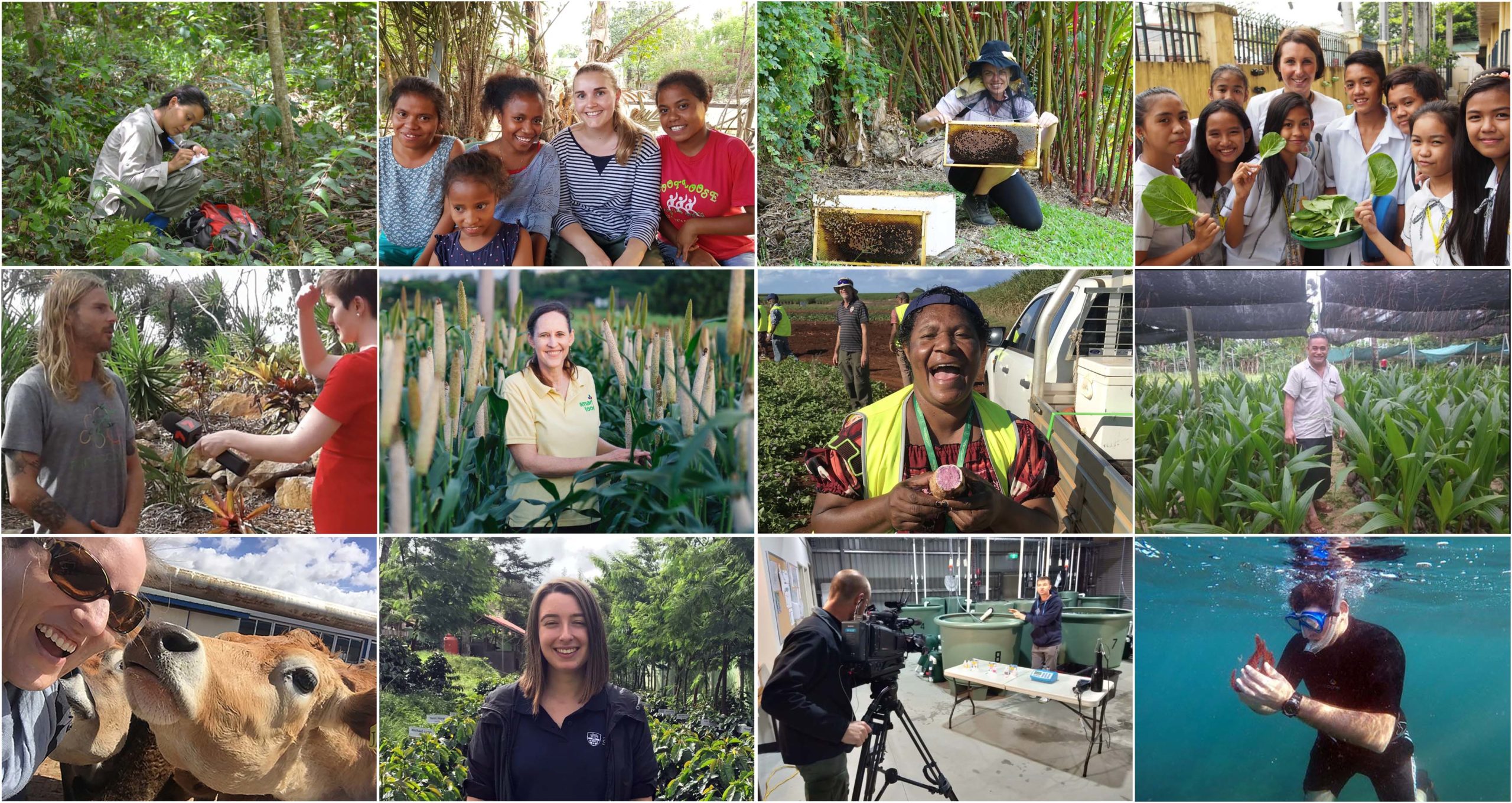

Being Flexible and Innovative in a COVID Year
August 31, 2021

When our Chair and CEO wrote last year’s introduction to the yearly review, they (like everyone) were very much hoping that by mid-2021 conditions would be back to normal. Alas, that has proved not to be. Needless to say, international travel bans and domestic lockdowns have played havoc with our ability to operate in a business as normal mode during 2020-21, and we remain particularly concerned about how our overseas partners are faring.
The Hon John Anderson, our Chair and Dr Colin Chartres, our CEO explain in this year’s Year in Review, for 2020-2021, how we have attempted to be flexible and innovative in coming up with solutions to progress our mission and projects, and keep us in touch with domestic and international partners.
Below you can read their foreword Welcome to our 2020-2021 Year in Review.
When we wrote the 2019-20 foreword to “A Year in Review”, we were very much hoping that by mid-2021 conditions would be back to normal. Alas, that has proved not to be. Now, as we write, the delta strain of Covid 19 has caused the “lockdown” of 12 million Australians. Needless to say, international travel bans and domestic lockdowns have played havoc with our ability to operate in a business as normal mode during 2020-21, and we are particularly concerned about how our overseas partners are faring.
The 2020 Annual Conference had to be postponed to 2021 (now planned for December) and all overseas Master Classes and training, mentoring and student travel stopped. However, we have attempted to be flexible and innovative in coming up with solutions that keep us in touch with domestic and international partners. These have included:
- the development of the e-mentoring program, as well as our existing longer-term mentors moving to virtual modalities,
- the design of a new modular Master Class on Sustainable Intensification of Agriculture that can be delivered initially by webinar and then, when conditions permit, in-person,
- delivery in conjunction with ACIAR of a hybrid event to highlight lessons from Australia on efforts in greenhouse gas abatement in agriculture, and
- an even more active NextGen program.
Furthermore, some of our student awardees have shown great initiative and managed to continue their projects through remote collaboration and by hiring overseas data collectors.
We have also used the opportunity to commission a new major review of the benefits accruing domestically and internationally from Australian investment in international agricultural research. This will be part of the “Doing Well by Doing Good” series. It will be completed by late September and followed by a series of briefings and events publicising the findings around the country.
The above review will be very timely as domestic budgetary difficulties often are translated into cuts in our overseas development assistance. We have highlighted through opinion pieces and media outreach that Covid 19 is having a major impact on the economies of south and southeast Asia, which will, no doubt, have the greatest impact on the poor including in the farming sector. Unless developing and donor countries can provide sufficient resources to improve agricultural practices, productivity and profitability, there will likely be further increases in poverty, environmental degradation and land clearing/deforestation and associated greenhouse gas emissions. The Fund and the broader agricultural research community has worked hard to highlight these concerns.
The combination of these factors enhances the potential for pest and disease attacks, further zoonotic disease development and in turn creates a greater risk of future pandemics and, of course, significant impact on food and nutrition security. We consider it critically important that in a post-pandemic world, agricultural research is seen as part of the agriculture-food-environment-health nexus. As such, we will focus new effort on appropriate ways for smallholder farmers to sustainably intensify their production systems to produce more from less and prevent further environmental degradation.
This year saw the resignation from the board of The Hon. Craig Emerson, and we thank Craig for his contributions to the organisation. Similarly, we also want to thank Phillip Jackson, who retired in May, for his critical contribution to the Fund as Finance Director. We farewelled our Office Manager, Lilian Mellink in December and, in May, welcomed Sarah Paradise to a new position, Director of Operations and Finance.
We were sad to farewell The Rt Hon Doug Anthony, our inaugural chair; Dr Kim Ritman, who played an important role with the Fund’s conference committee, Colin Piggin who will be remembered for his important work with ACIAR and ICARDA, and The Hon Tim Mulherin from our Queensland Committee. We always say that the Fund is about its people, and they will be sorely missed.
 The Hon John Anderson AOChair, Crawford Fund
|
 Dr Colin ChartresCEO, Crawford Fund
|




